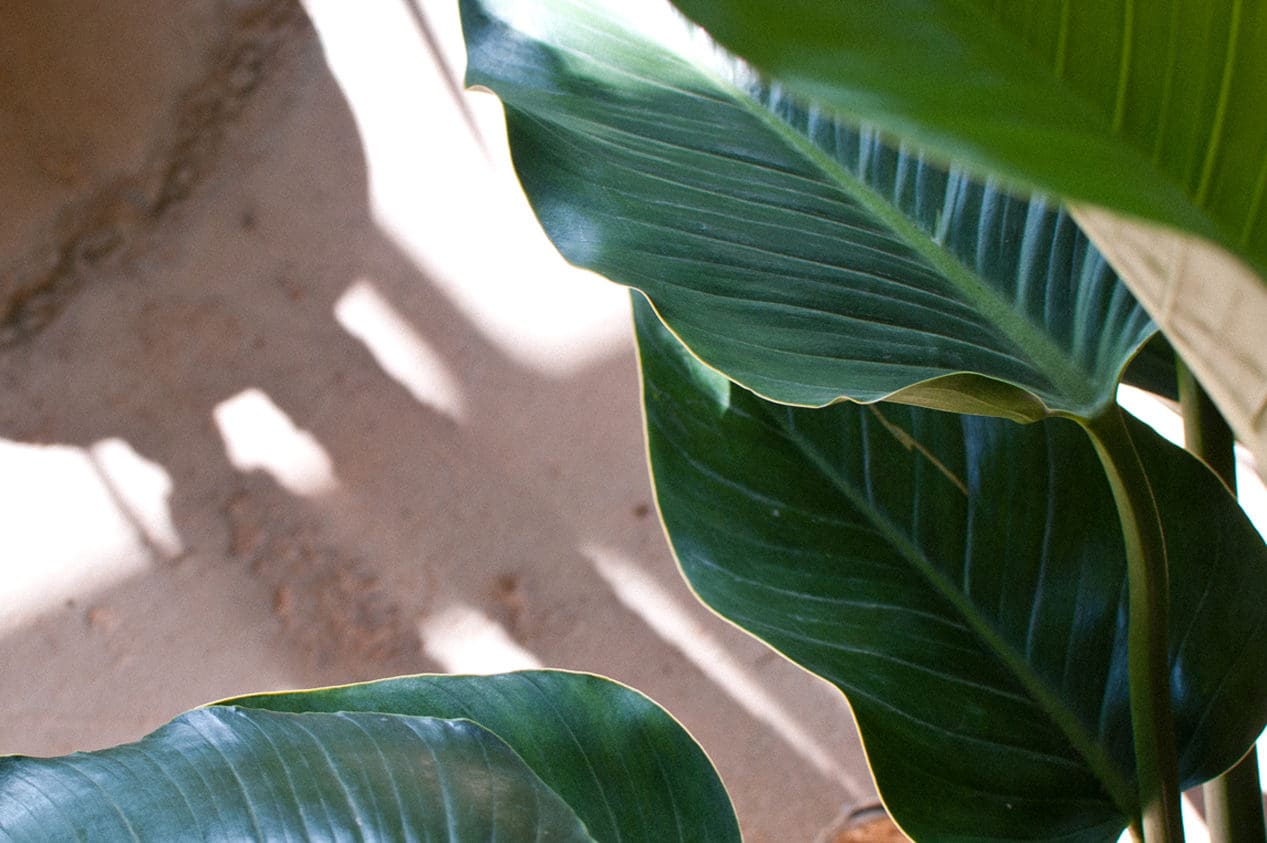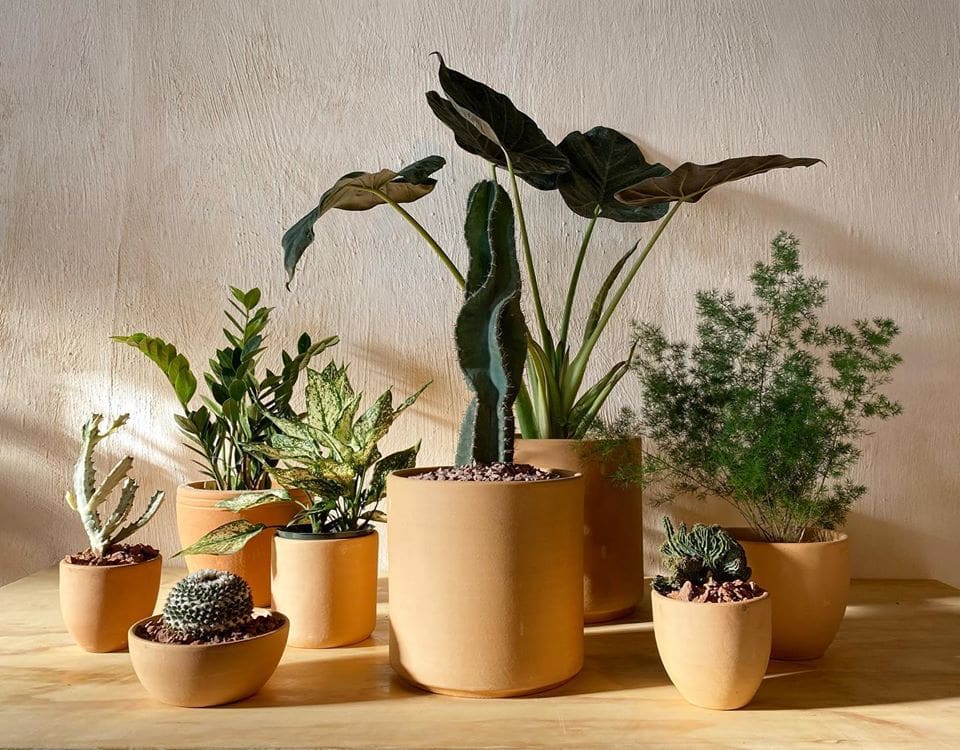There’s no getting around the fact that we’re all at home a lot more as of late. With all this extra free time, you’ve likely been looking around at your home’s decor and brainstorming what you can do to spruce up your living spaces as they’ve become the offices we’re now occupying all day.
This sudden change in life happening right as we finally see the light at the end of winter’s tunnel doesn’t help matters. Sunshine, birds chirping — it’s borderline cruel. In all seriousness, as we move into a new way of life for the time being, our mental health is something we should all be taking quite seriously. One thing you can do to help yourself is to optimize the greenery within your home. Here are 4 ways plants impact our mental health and the spaces we live in.
Plants make you feel good.
Plants make you feel good. They do. It’s an intrinsic, instinctual animal emotion. Lush, healthy, green foliage equates to safety and comfort in the mind of the cave-dwelling hominoid. They help keep us calm and focused. Numerous studies have been published summarizing the positive physiological effects of interaction with houseplants, including improving mood and lowering cortisol levels. It’s called biophilia: the human tendency to prefer natural environments as an evolutionary byproduct. The International Journal of Environmental Research and Public Health’s research summarized that our lives can measurably be more physically and mentally stressful without regular interaction with plants.
Plants improve air quality.
Stuffy, heavy air in our homes is something we all combat, especially in older buildings and when we’re cooped up producing more CO2 than we usually would. Through the natural processes of photosynthesis and transpiration, plants can naturally improve air quality. Without them, life as we know it simply would not exist. Don’t get me wrong; they aren’t filtering out viral microbes, but they are improving our overall air quality. Cleaner air further alleviates stress and improves our mood as well as helps us feel more positive within the spaces we are occupying.
Plants upgrade the aesthetic of any space.
Plants undeniably look good. Green leafy vegetation easily adds visual interest to a room and can create layers of depth to add character and lend cohesion. The stranger the plant and the more nuanced the design of a space, the more the inherent sculptural qualities of a plant can shine. From a dorm room to a master architect’s pièce de résistance, plants are elemental in creating a complete space.
Plants are a positive distraction.
Our new reality is challenging us in almost every way we can think of. It’s become a task to remain positive as our day-to-day lives have been interrupted to the very core. Little distractions can be incredibly helpful in allowing us to keep our focus and positivity on track. Plants are a wonderful reason to step away from the nonstop news for a moment and allow us to care for a living thing that in turn creates a better environment.
Who knows, maybe you’ll find a new hobby or even a new life passion. Regardless, plants are a great way to enter an entirely new world of communities, from following Instagram hashtags to participating in field research expeditions finding new species in the most remote jungles and deserts of our world. Collectors, greenhouses and genera-specific societies are selling or trading cuttings online and helping one another take care of them as they grow and give us joy.



